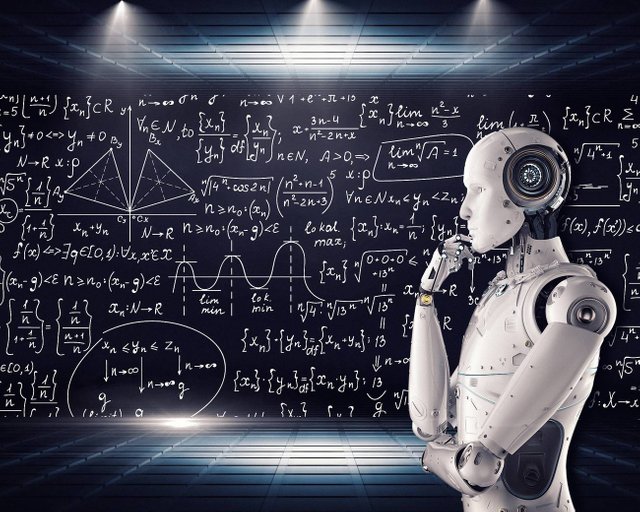Introduction:
In the ever-evolving landscape of technology, Artificial Intelligence (AI) stands as a beacon of transformation, promising to revolutionize not only our daily lives but also the very foundations of politics and economics. As we delve into this era of unprecedented innovation, the impact of AI on shaping the future of political and economic landscapes is becoming increasingly evident.
The Power of Data:
At the heart of the AI revolution lies the unprecedented ability to process vast amounts of data at speeds incomprehensible to human capabilities. This data-driven approach has the potential to redefine the political landscape, enabling policymakers to make informed decisions based on comprehensive analysis. From predicting electoral outcomes to understanding complex socioeconomic patterns, AI empowers governments to navigate the intricate web of modern challenges more effectively.
Smart Governance:
AI's role in governance extends beyond data analysis. Smart governance, fueled by machine learning algorithms, can enhance efficiency in public service delivery. Automation of routine tasks allows governments to allocate resources more effectively, reduce bureaucratic bottlenecks, and improve the overall responsiveness of public institutions. This shift towards smart governance is poised to create a more agile and adaptive political ecosystem.
Economic Transformation:
In the economic realm, AI presents a dual-edged sword. On one hand, it has the potential to drive unparalleled economic growth through increased efficiency, innovation, and the creation of new industries. On the other hand, concerns about job displacement and economic inequality loom large. Striking the right balance between embracing technological advancements and mitigating their adverse effects will be a critical challenge for policymakers in the AI era.
The Rise of AI-driven Economies:
Countries that invest strategically in AI are positioning themselves at the forefront of the global economic stage. The development and implementation of AI technologies contribute to the creation of a new economic paradigm. Sectors such as healthcare, finance, and manufacturing are witnessing transformative changes, leading to the emergence of AI-driven economies that are more resilient and adaptable to the challenges of the 21st century.
Ethical Considerations:
As AI becomes deeply integrated into political and economic systems, ethical considerations come to the forefront. Issues surrounding privacy, security, and bias in AI algorithms must be addressed comprehensively to ensure that the benefits of AI are equitably distributed and that its deployment aligns with societal values.
The Need for Global Collaboration:
Given the global nature of AI's impact, fostering international collaboration is imperative. Shared standards, ethical frameworks, and regulatory guidelines can help mitigate potential risks and ensure that AI is harnessed for the collective benefit of humanity. Governments, businesses, and civil society must work together to navigate the complex ethical and policy challenges that arise with the proliferation of AI.
Conclusion:
The AI revolution is a transformative force that transcends the boundaries of technology, seeping into the very fabric of political and economic structures. While presenting unparalleled opportunities for progress and innovation, it also demands a thoughtful and inclusive approach to address the ethical and societal implications. As we stand at the precipice of this new era, embracing the potential of AI while safeguarding against its pitfalls will be the key to shaping a future that is both technologically advanced and socially equitable.
